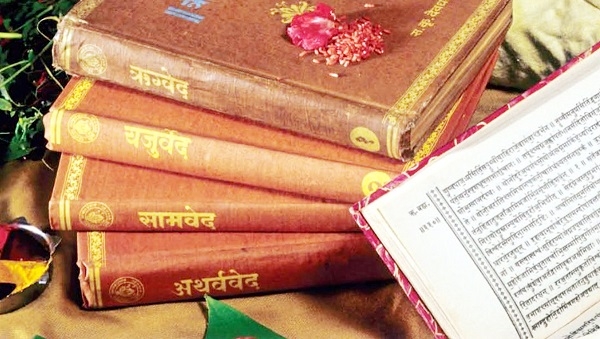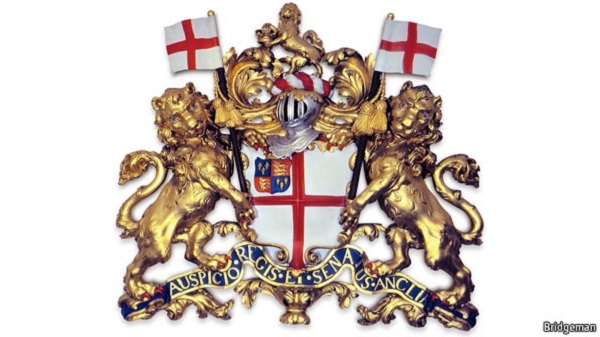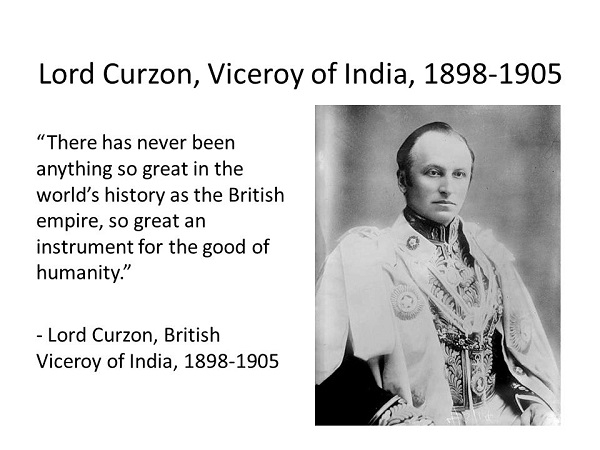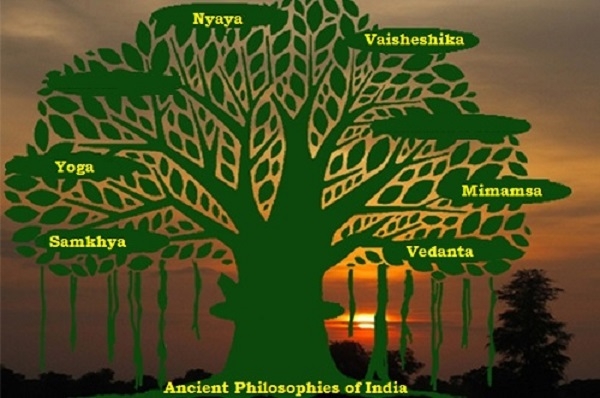IMA issue triggers Identity Crisis of Indian culture
Total Views |
- Himali Nalawade
IMA had questioned Union Health Minister Harsh Vardhan’s move to promote Ayurvedic medicines and traditional treatment in the form of Ayush Kadha and yoga for corona patients. The entire issue turned into a controversy where a significant institution like Indian Medical Association has put the ancient knowledge of Ayurveda under public scrutiny.
The issue has instigated for an investigative approach for insights of the ancient knowledge of Indian land. The problem here can be traced back to the western approach which Indians have developed to percieve ancient Indian sciences and ceretain other concepts. To resolve this issue, we need to understand the process through which such abandoning approach was adopted by Indians.
The Indian civilization is known and scientifically proved as the most ancient civilization of the world, to date. The world has accepted the fact lately but Indians themselves seem to have abandoned the indigenous knowledge which has been developed on the Indian land and preserved over centuries. Even when there's an acceptance of the fact that the recent perception of the ancient knowledge has resulted into lower credibility of our own knowledge, there again starts a blame game of how foreign rule is responsible for this approach that has developed. Although, we are at the phase where we know what the problem is, yet we are much laid back to accept the authenticity of the Indian born sciences and knowledge, which has resulted in this identity crisis of Indian culture.

How do foreign invasions relate with this problem?
The first foreign rulers which strike our mind to have destroyed the culture of India are the British. Of course, and it couldn't be more true since around 2 centuries of organized rule over an ancient civilization was extremely effective than most of the prior invasions. In fact, there are still certain segments of the society who wouldn't accept the British Raj as an invasion, contributing to the development that the British Government had brought in the society. This mere understanding that justifies the British rule, pushes us away from the apprehension of Indian culture. A simple statement like this may seem to have driven out of emotions and not a practically, well thought conclusion. But there is a subtle process that initiated with the British rule that manipulated the thought process of Indians which we still are unaware about.

In the modern times, British were not the first foreign rulers to have arrived in India. British in India came with pure intentions of carrying out intensive trade and business. However, Portuguese were the first Europeans to have arrived in India, followed by the British, Dutch and lastly the French. When the Portuguese came to India, their primary intention was not trade but the mission of spreading the message of Jesus Christ and Christianity, where trade was carried out for the subsistence of the mission. Later when British came to India, these two positions in the plan were interchanged and immediate priority was given to trade, which subsequently eased the process of spreading Christianity in India.
But again, what does this has to do with the identity crisis of Indian culture? The British had made a thorough study of the Indian society which helped them not only take over the Indian economy and polity but also the culture of the Indian land. During the century old rule of the East India Company from 1757 to 1857, followed by the Crown's rule from 1857 until independence, the British absolutely changed the face of Indian culture.

What civilization or country is flawless? There are and will always remain flaws in the socio-political system of every country, which is why it is necessary to update the policies from time to time. But the British quite conveniently used these flaws of the Indian society to convince Indians how their culture had eroded and there was an immediate need to accept the westernized concepts of society and culture. And the British were successful in doing so to a considerable extent.
The most important phase of this process was the westernization of Indian education which resulted into extreme failure of comprehending the roots of Indian culture. The basic social concepts of community, religion, caste largely from the western world largely differ from the same concepts of Indian origin. Rather the concepts of religion and caste originally don't exist in the Indian context. Since ancient time there were various philosophical schools of contradictory and different approaches which existed in India, all at the same time. However, only after European invasions were these thought schools entirely termed as religion. The same thing happens in the case of caste, which originally never existed in India. The system of Varnas that existed during the British period, which was already manipulated by the medieval invaders, seemed similar to the caste system to the British. Such basic changes in perception of the socio-cultural practices of the Indian land resulted into absolute misconception of the ancient Indian knowledge.

The problem which took place here, is that ever after the British rule, until today, Indians followed the British perception of the Indian society which eventually resulted for most of the people to abandon their own culture. Considering the present global scenario, it is vital for Indians to understand the significance of our cultural identity, about which unfortunately most of the Indians are either unaware or doubtful, despite of being extremely reasonable and rich in nature. It is necessary for Indians to at least first learn about the Indian culture with an Indian perspective and not a westernized approach, before making any opinions about it. Only then will we be able to deal with the problem of identity crisis that has rose in our country regarding our own culture.
Also read :

